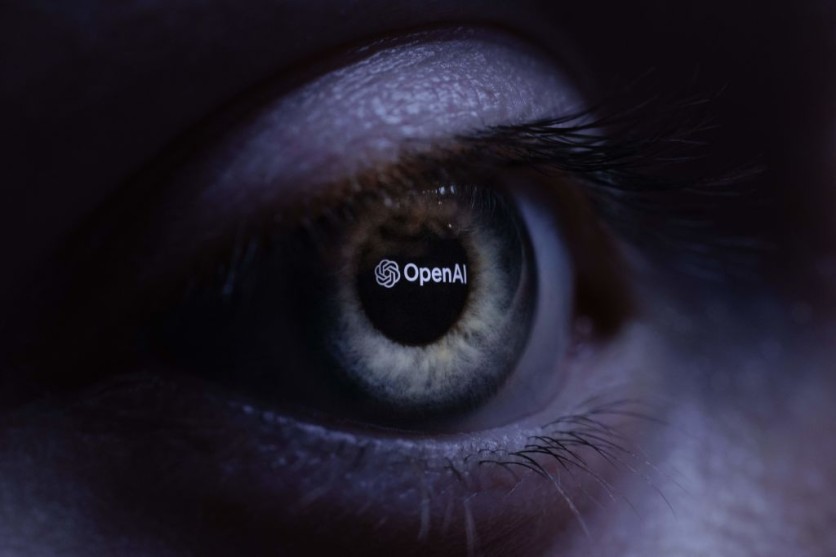The New York Times (NYT) has escalated a legal battle against Microsoft and OpenAI, alleging copyright infringement and misuse of its content to train sophisticated AI models such as ChatGPT and Copilot.
The Verge reports that the renowned news outlet seeks billions of dollars in damages in a lawsuit filed with the US District Court for the Southern District of New York.
It emphasizes the alleged replication of its content and its negative impact on its relationship with readers and revenue streams.

New York Times Lawsuit: A Closer Look
The lawsuit's central claim is that Microsoft and OpenAI's AI models can generate content that closely resembles the expressive style of NYT articles, undermining the newspaper's distinct identity and business interests.
According to the New York Times, this perceived 'copying' of their work competes directly with their content and threatens their subscription, licensing, advertising, and affiliate revenues.
Despite the NYT's efforts to negotiate fair compensation for the use of its content, the lawsuit indicates a failure to reach an agreement with both companies.
"Settled copyright law protects our journalism and content. If Microsoft and OpenAI want to use our work for commercial purposes, the law requires that they first obtain our permission. They have not done so," The Times said in an emailed statement to CNBC.
The lawsuit demands that Microsoft and OpenAI stop using NYT content to train their AI models and seek significant monetary damages for alleged copyright infringement.
OpenAI vs. Media Entities
This legal tussle marks a significant chapter in the ongoing struggle between media entities and AI developers.
Several media outlets, including The Guardian, BBC, CNN, and Reuters, have barred OpenAI's web crawler to prevent further data scraping from their websites, reflecting a broader industry concern regarding the unlicensed use of their content for AI training.
The New York Times took a firm stance against AI companies using its media archives to train algorithms in August, signaling a change in its terms of service (TOS) policy.
The updated TOS of the newspaper expressly prohibits using its extensive media content to train "any software program, including, but not limited to, training a machine learning or artificial intelligence (AI) system."
Microsoft and OpenAI have yet to provide an official statement. However, the complaint highlights the exponential growth and profitability of AI models trained on NYT's content for these tech companies, emphasizing the need for stringent measures to protect journalistic integrity and safeguard revenue streams.
Amidst these contentious legal battles, there have been contrasting approaches from media companies.
CNBC tells us that Axel Springer, the parent company of Politico and Business Insider, recently struck a deal with OpenAI, allowing ChatGPT to access their content in exchange for a licensing fee.
Similarly, the Associated Press has agreed to let OpenAI train its models using their news stories for the next two years.
Stay posted here at Tech Times.
Related Article : Artists, Researchers Unite to Protect Creative Works from AI


![Apple Watch Series 10 [GPS 42mm]](https://d.techtimes.com/en/full/453899/apple-watch-series-10-gps-42mm.jpg?w=184&h=103&f=9fb3c2ea2db928c663d1d2eadbcb3e52)


